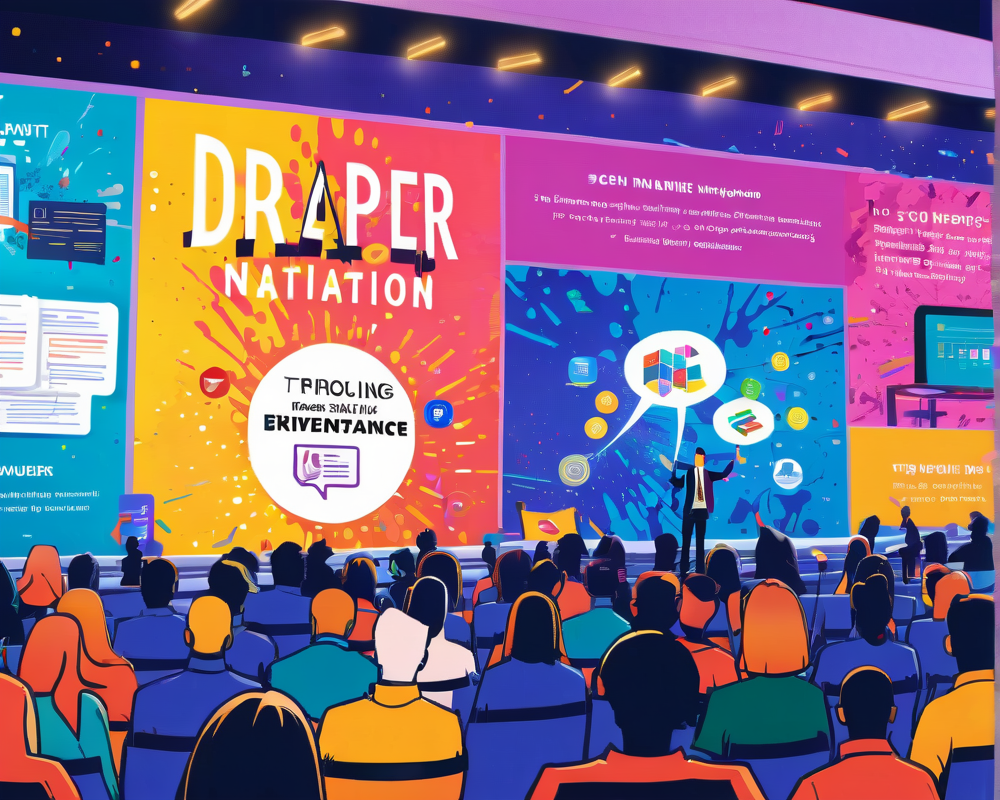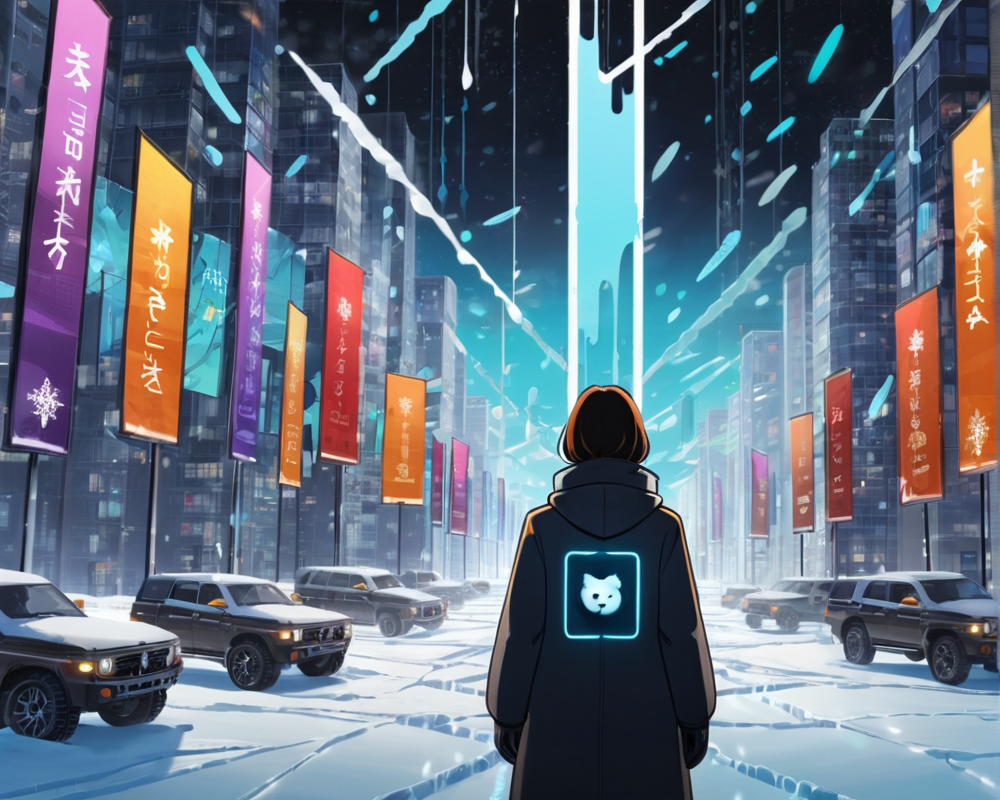The Birth of a Bitcoin-Native Society
Draper Nation isn’t your average crypto buzzword that fades faster than last year’s fashion. Oh no! It’s the brainchild of Vikram Bharati, who, along with the legendary Tim Draper, decided it was high time to create a virtual nation that aligns with the principles of decentralization and community involvement. “Why not build our own micronation?” Vikram mused, probably while drinking artisanal coffee and brainstorming like the brilliant entrepreneur he is. It stemmed from their previous work on Draper Startup Houses, where they crafted spaces for innovators and thinkers to collide and collaborate. And thus, Draper Nation soared into existence, equipped with everything from Bitcoin to a touch of panache.
The Jur Network: Backbone of Draper Nation
Picture this: a decentralized technical infrastructure that powers a community-driven society. Bam! Enter the Jur Network, which serves as the engine and the driving force behind Draper Nation’s governance structure. If a Facebook user is just a cozy little consumer flicking through memes, a Jur Network user holds the keys to the kingdom—well, sort of. They have direct ownership and influence, able to shape the governance of their digital community. “It’s like having the ultimate power in a video game, but the stakes are your actual life-in-a-virtual-world,” says Alessio Treglia, CTO of Jur Network.
Network States: The New Kids on the Block
Now, if you’re scratching your head wondering what on Earth a Network State is—worry not! These digital constructs lack the physical monopoly of traditional lands but operate under similar governance principles. They’re like the hipster cousin of nations: less traditional, more decentralized. Armed with Web3 tools, they promise seamless interactions that make even texting a friend feel slow. Think of them as places run by enthusiasts who want to reinvent governance, where participation isn’t just a checkbox on a survey, it’s the whole enchilada!
Decentralization: Reshaping National Governance
With the world heading toward decentralization faster than your last relationship went downhill, the influence on national governance is palpable. Alessio argues, “Centralized systems are like that one friend who just can’t let things go—a real party pooper.”
- Global trends portend a shift towards peer-to-peer banking.
- Decentralized Finance (DeFi) is pushing inclusivity and accessibility.
- Citizen involvement will become less of a fantasy and more of a reality.
So, prepare for an influx of active citizen engagement and empowerment. Who needs a government job when you can govern your own digital nation?
The NFT Passport: A Bold New Identity
How do you ensure community cohesion in a virtual world, you ask? With an NFT passport, of course! This digital ID will not only provide access to community services but also symbolize belonging—kind of like a loyalty card, only way cooler. Vikram envisions a world where typical government services could be delivered efficiently and affordably, thanks to an intermediary-less approach. We’re talking about governmental efficiency that would make your local DMV retire from shame!




